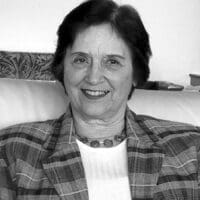Overview
Meditation is likely to change mental functions in many different ways. My interest is to explore such changes in the domain of attention.Western psychology has developed experimental paradigms to measure different attentional skills and deployments. For example we can study the ability to focus attention and to suppress irrelevant stimuli, or conversely to spread attention more broadly to take in global properties, semantic gist, and form statistical descriptions. A related skill is the ability to divide attention between different concurrent tasks and/or to shift attention rapidly and flexibly between them. Practice in meditation may also improve the ability to shift the level of processing. Most people are trapped at the level of identified objects and are unable to tap in to earlier sensory representations, In sum, we hope to probe the breadth of focus, the efficiency of focus, the speed and flexibility of switching between tasks, and the ability to move between different levels of processing.
- SRI 14 sessions
- June 22, 2004Garrison, New York


